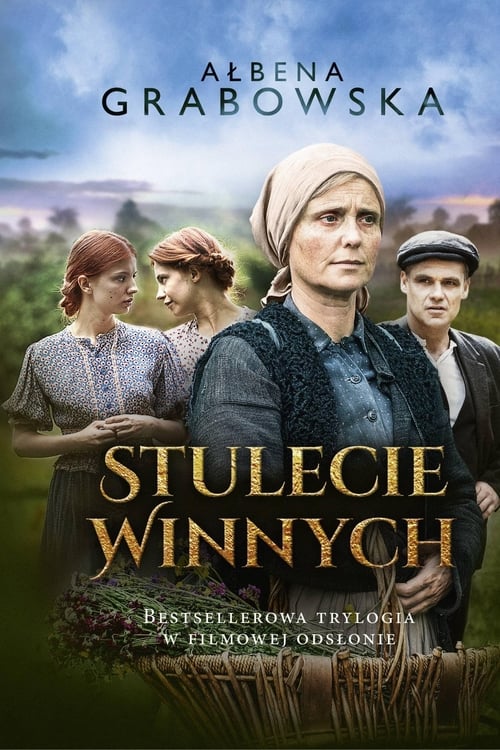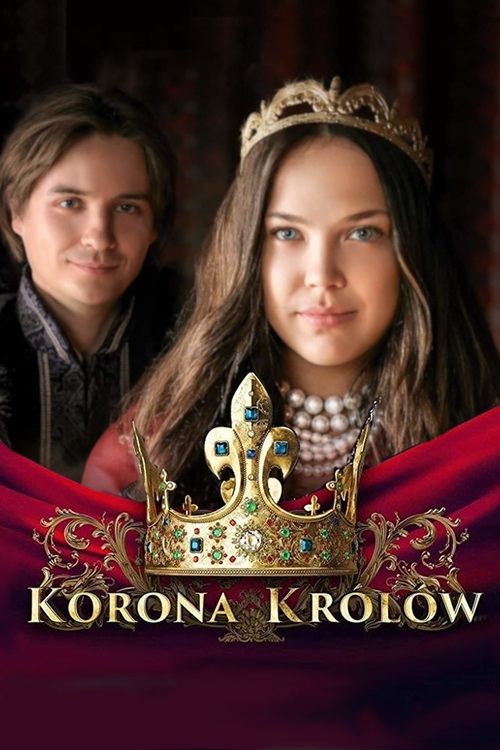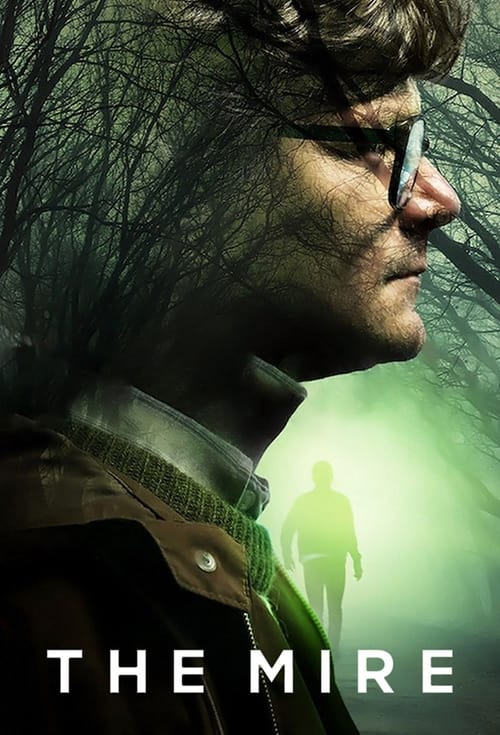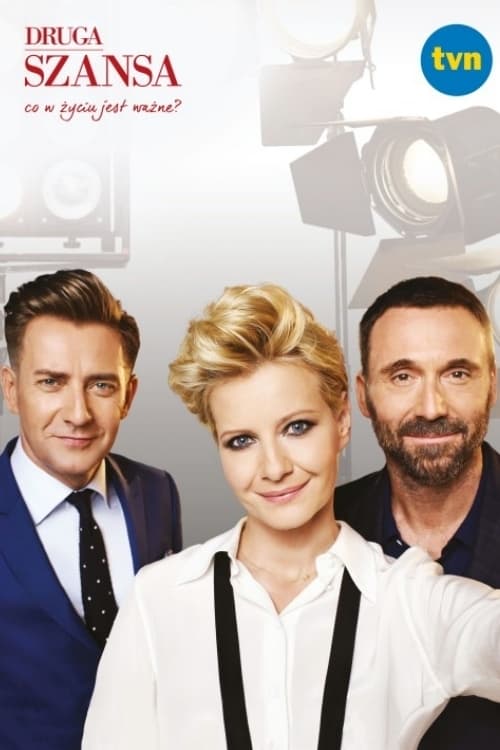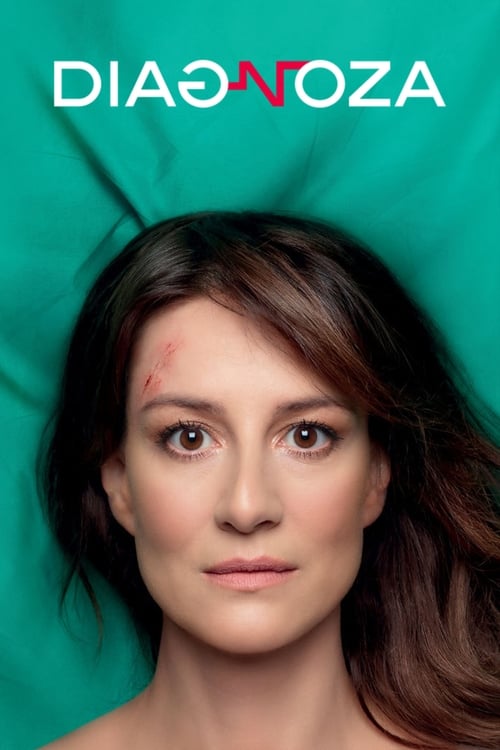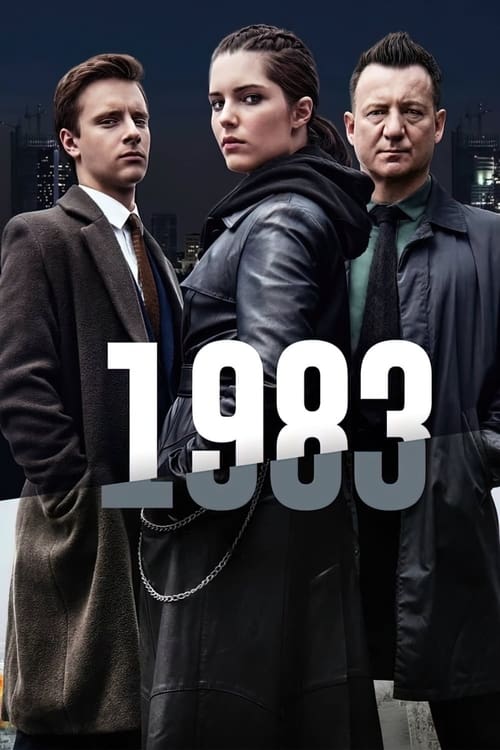No Image
Ask Your Own Question
What is the plot?
"Our Century" begins in the year 1919, shortly after the end of World War I. The story introduces us to a small town in Europe, where the aftermath of the war has left deep scars on the community. The protagonist, a young woman named Clara, is struggling to cope with the loss of her brother, who died in the war. She feels isolated and burdened by her family's expectations to marry and settle down, despite her desire for independence and adventure.
As Clara navigates her grief, she meets a mysterious stranger named Anton, who has recently returned from the front lines. Anton is haunted by his experiences and carries a sense of guilt for surviving when so many did not. Their initial encounter is charged with tension, as Clara is drawn to Anton's intensity, while he is wary of forming connections due to his trauma. This meeting sparks a friendship that quickly deepens into a romantic relationship, providing both characters with a sense of solace.
In the following scenes, Clara's family pressures her to accept a marriage proposal from a wealthy suitor, Friedrich, who represents stability and security. Clara feels torn between her family's expectations and her growing feelings for Anton. During a pivotal moment, she confides in Anton about her struggles, revealing her desire to break free from societal norms. Anton encourages her to follow her heart, igniting a sense of rebellion within Clara.
As their relationship blossoms, Clara and Anton embark on secret adventures, exploring the countryside and sharing their dreams. However, their happiness is short-lived when Anton receives a letter informing him that he must return to military service due to rising tensions in Europe. This news shatters Clara, who fears losing Anton just as she has begun to truly live. In a moment of desperation, she pleads with him to stay, but Anton feels a sense of duty that he cannot ignore.
The narrative shifts to a tense scene where Anton prepares to leave. Clara confronts him, expressing her love and urging him to reconsider. Anton, torn between his feelings for Clara and his sense of obligation, ultimately decides to go, promising to return to her. This decision leaves Clara heartbroken, and she channels her pain into activism, joining a local group advocating for peace and the rights of war veterans.
As the story progresses, the political landscape becomes increasingly volatile, with the rise of fascism in Europe. Clara's activism puts her at odds with her family and the community, who are more concerned with maintaining the status quo. In a dramatic turn of events, Clara organizes a protest against the government's militaristic policies, which leads to a violent confrontation with authorities. During the chaos, she is arrested, and Anton, who has returned from the front lines, witnesses her arrest but is powerless to intervene.
While in prison, Clara reflects on her choices and the sacrifices she has made for her beliefs. She is visited by Anton, who expresses his regret for not being there to support her. Their reunion is bittersweet, filled with unspoken words and lingering emotions. Clara's resolve strengthens as she realizes that her fight for justice is more important than her personal desires.
After her release, Clara becomes a prominent figure in the peace movement, gaining recognition and support from others who share her vision. However, the strain on her relationship with Anton grows as he grapples with his own trauma and the horrors he has witnessed in war. Their love is tested as they struggle to reconcile their differing paths and the weight of their experiences.
In the climax of the story, a major political event occurs that threatens to plunge the country into war once again. Clara and Anton find themselves on opposite sides of the debate, with Clara advocating for peace and Anton feeling compelled to support the military. This conflict culminates in a heated argument, where both characters lay bare their fears and frustrations. Clara accuses Anton of abandoning his principles, while Anton accuses Clara of being naive about the realities of the world.
The resolution unfolds as Clara organizes a final, large-scale protest to rally support against the impending war. Anton, initially hesitant, ultimately decides to join her, realizing that his love for Clara transcends his fears. Together, they lead the protest, which draws thousands of supporters. The scene is filled with powerful imagery of unity and hope, as Clara and Anton stand side by side, embodying the spirit of change.
In the aftermath of the protest, the political situation remains tense, but Clara and Anton's relationship emerges stronger. They come to understand that their love can coexist with their individual struggles and beliefs. The story concludes with a sense of cautious optimism, as Clara and Anton look toward the future, ready to face whatever challenges lie ahead together.
What is the ending?
In the ending of "Our Century," the characters confront their pasts and the choices they have made throughout their lives. The narrative culminates in a series of emotional reconciliations and realizations, leading to a sense of closure for each character. The main characters find themselves at a crossroads, ultimately choosing paths that reflect their growth and understanding of themselves and each other.
As the final scenes unfold, we see the characters gathering in a familiar location, a place that holds significant memories for them. The atmosphere is heavy with nostalgia, and the weight of their shared history hangs in the air. Each character reflects on their journey, revealing their internal struggles and the lessons they have learned.
The protagonist, who has been grappling with feelings of regret and loss, finally confronts a pivotal moment from their past. This confrontation is raw and emotional, showcasing their vulnerability. They express their feelings to those they have hurt, seeking forgiveness and understanding. The scene is charged with tension, as the other characters listen, their expressions a mix of empathy and pain.
In another part of the gathering, a secondary character, who has often been the voice of reason, shares their own story of resilience. They recount the challenges they faced and how they overcame them, inspiring others to reflect on their own lives. This moment serves as a catalyst for change, prompting the group to engage in deeper conversations about their futures.
As the night progresses, the characters begin to share laughter and memories, slowly breaking down the barriers that have kept them apart. The warmth of their camaraderie begins to overshadow the earlier tension, illustrating the power of connection and forgiveness.
In the final moments, the protagonist makes a significant decision about their future, choosing to embrace a new path that aligns with their true self. This decision is met with support from the group, symbolizing their collective growth and the strength of their bonds.
The series concludes with a poignant scene of the characters standing together, looking towards the horizon. The camera captures their expressions of hope and determination, signaling a new beginning. Each character's fate is intertwined with the others, suggesting that while they may face individual challenges ahead, they will carry the lessons of their shared experiences with them.
In summary, the ending of "Our Century" encapsulates themes of reconciliation, personal growth, and the enduring power of relationships, leaving the audience with a sense of hope for the characters' futures.
Is there a post-credit scene?
In the TV show "Our Century," produced in 2019, there is no post-credit scene. The series concludes its narrative without any additional scenes after the credits roll. The final moments of the last episode wrap up the character arcs and themes explored throughout the series, providing a sense of closure without extending into a post-credit sequence. The focus remains on the emotional resolutions and the impact of the characters' journeys, leaving viewers with a lasting impression of the story's culmination.
What are the main character's motivations throughout the series?
The main character, Alex, is driven by a desire to uncover the truth about his family's past, which is shrouded in mystery. His journey is fueled by a mix of curiosity and a need for closure, as he grapples with feelings of abandonment and betrayal stemming from his father's disappearance.
What pivotal events lead to the climax of the series?
Several pivotal events lead to the climax, including the discovery of a hidden letter from Alex's father, which reveals shocking truths about his past. This revelation triggers a series of confrontations between Alex and Clara, culminating in a dramatic family reunion that forces them to face their unresolved issues and ultimately leads to a cathartic resolution.
How does the relationship between Alex and his mother evolve over the series?
Initially, Alex's relationship with his mother, Clara, is strained due to her reluctance to discuss the past. As the series progresses, they confront their shared grief and secrets, leading to moments of vulnerability that strengthen their bond. Clara's protective nature clashes with Alex's need for answers, creating emotional tension that ultimately resolves in mutual understanding.
What role does the historical backdrop play in shaping the characters' decisions?
The historical backdrop of the late 20th century, marked by political upheaval and social change, significantly influences the characters' decisions. For instance, Alex's father was involved in activism, which not only impacts Alex's perception of his father but also shapes his own choices as he navigates the complexities of identity and legacy in a rapidly changing world.
How does the character of Sarah impact Alex's journey?
Sarah, a close friend of Alex, serves as both a confidante and a catalyst for his growth. Her unwavering support encourages Alex to confront his fears and pursue the truth about his father. However, her own struggles with family issues create a parallel narrative that highlights the theme of seeking connection amidst chaos.
Is this family friendly?
"Our Century," produced in 2019, is a documentary series that explores significant events and cultural shifts throughout the 20th century. While the series is educational and aims to provide insight into historical contexts, it does contain some themes and scenes that may be sensitive for children or those who are particularly sensitive.
-
War and Conflict: The series discusses various wars, including World War I and II, featuring graphic imagery and accounts of violence, loss, and suffering that may be distressing.
-
Social Injustice: There are segments that address issues of racism, sexism, and other forms of discrimination, which may be upsetting for younger viewers or those sensitive to these topics.
-
Historical Atrocities: The series touches on events such as the Holocaust and other genocides, presenting harrowing stories and visuals that could be disturbing.
-
Economic Hardships: Discussions of the Great Depression and its impact on families may evoke feelings of sadness or anxiety regarding financial struggles.
-
Personal Loss: The emotional weight of personal stories related to loss, grief, and trauma is prevalent, which could resonate deeply with sensitive viewers.
Overall, while "Our Century" is informative and thought-provoking, it does contain elements that may require parental guidance for younger audiences.

